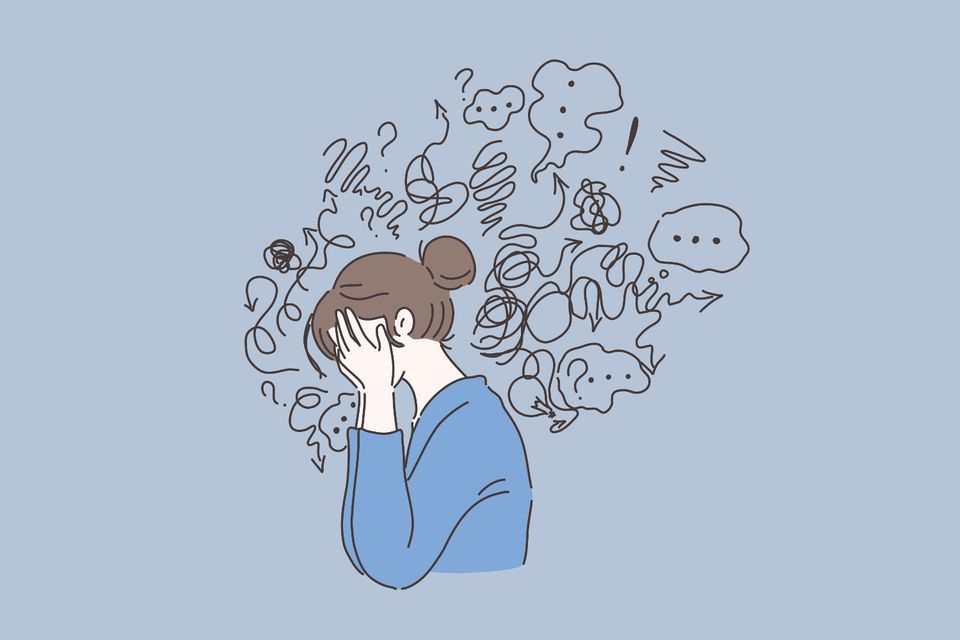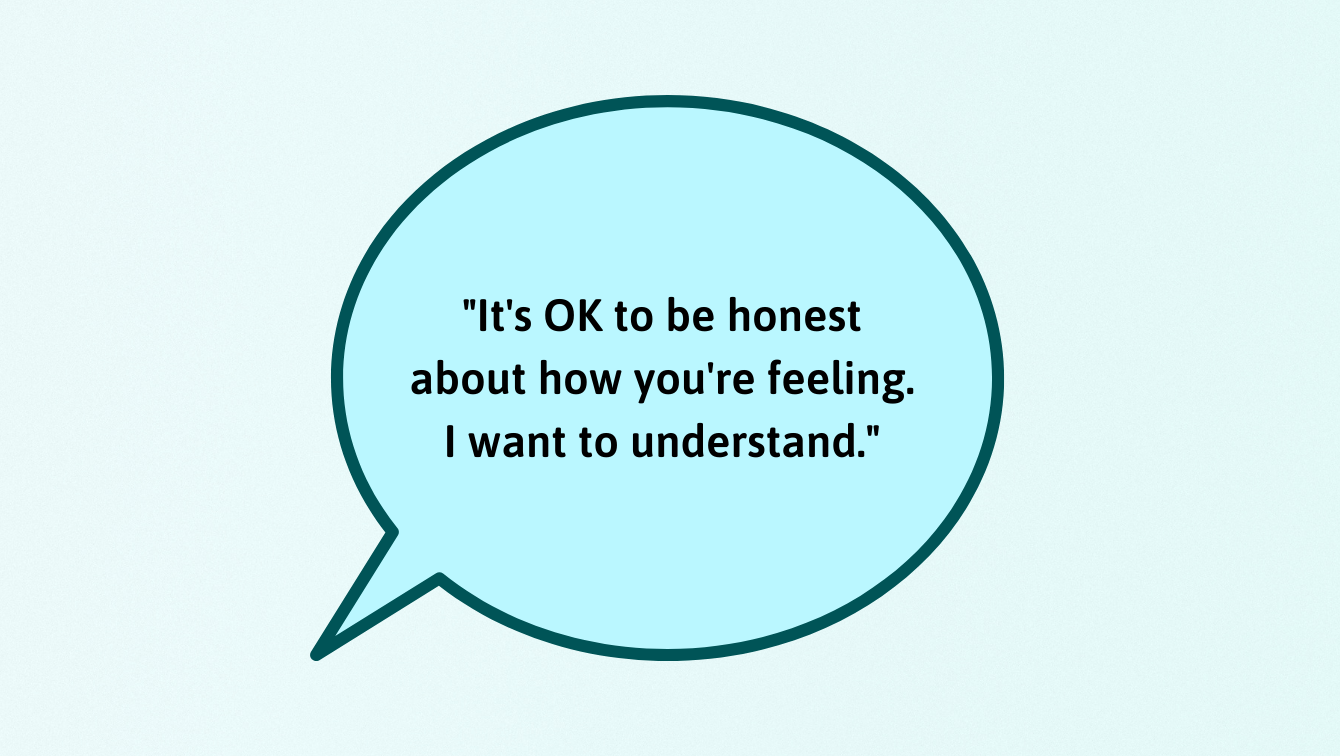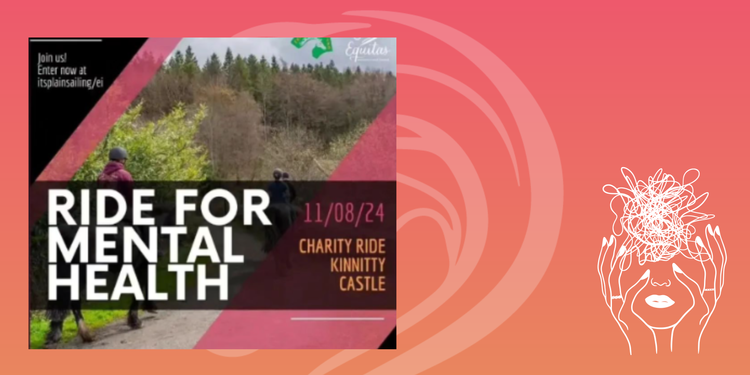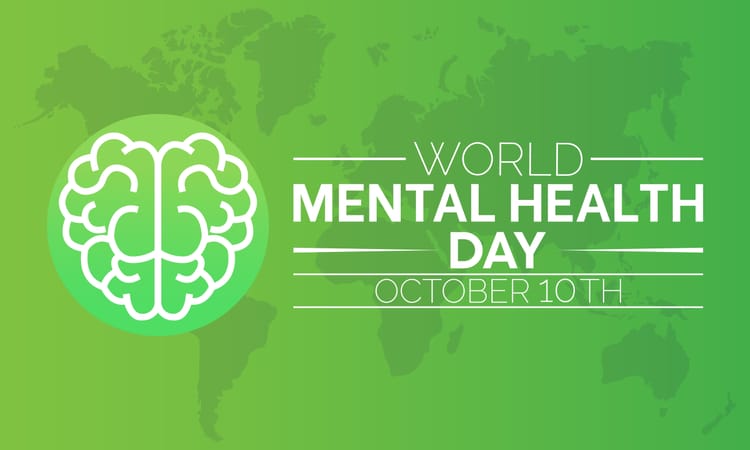What Not to Say to Someone with Depression

As a therapist I'm in the business of facilitating uncomfortable conversations, and it can be really hard to know what to say when someone close to us opens up about their mental health struggles. With all the best intentions often people get it wrong, I personally have been met with some very invalidating statements from people who care but just don't know what to say. Likewise my clients often talk about friends/family and even medical professions missing the mark.
This article is all about what NOT to say to someone with depression, and what to say instead.
In an attempt to soothe somebody with depression (and to reassure ourselves), we may say something like "don't worry, it will be fine". What this does is it invalidates and minimises the person's struggles, it will convert as a lack of empathy, so they may feel they can't talk to you openly. Instead we can recognise that this person is suffering from a real mental illness and let them know we're here, try "what you're going through sounds incredibly difficult, depression can happen to anyone".
We also don't want to make statements like "shake it off", "snap out of it" , "just smile" or "cheer up". This trivialises and over simplifies their very real mental illness. Instead let them know "depression is a difficult illness, you're feelings are valid" and and to avoid platitudes like "this too shall pass" or "let it go".

Depression can make someone feel trapped, they often can't imagine it getting better or being able to move forward from the pain their feeling especially if trauma is involved.
Perhaps it's worth acknowledging you don't fully understand their experience and if you feel yourself leaning towards platitudes, you could say "I may not understand completely but I'd like to".
It's okay to offer statements of hope but not empty phrases... we could say "this isn't the end of the road, things may look dark right now but I'm here with you on this journey and we can figure this out together".
We want to be supportive but don't offer advice if not asked. While we may know there are many things that can help depression, depression can be incredibly tiring and comes with a loss of interest in things and low motivation. So while "have you tried cutting out sugar" or "you need to start exercising" may seem like helpful advice, unsolicited advice makes the person feel they aren't trying hard enough and is blaming. Try instead "what helps you when you feel depressed?", "would you like to join me for a walk or want company?", "would you like support to explore treatment?".
It's important to keep reaching out to somebody with depression even if they try to isolate and decline support... that's a very common response. Social connection may just be the pull back into life needed, and while they my not want to socialise, being asked keeps the door open and that connection alive.
Sometimes the most empathetic and supportive thing we can do isn't offering words of reassurance or advice, it's being able to sit in someone's pain with them so they don't have to face it alone.
Showing someone we love them at their lowest by being present and trying to understand their experience, can create hope.
This article was a small insight into talking to people with depression, the key points to remember are:
Don't simplify, trivialise, invalidate, advice, blame or shame.
Remember, shame dies in safe spaces.
Katie Pinn.




